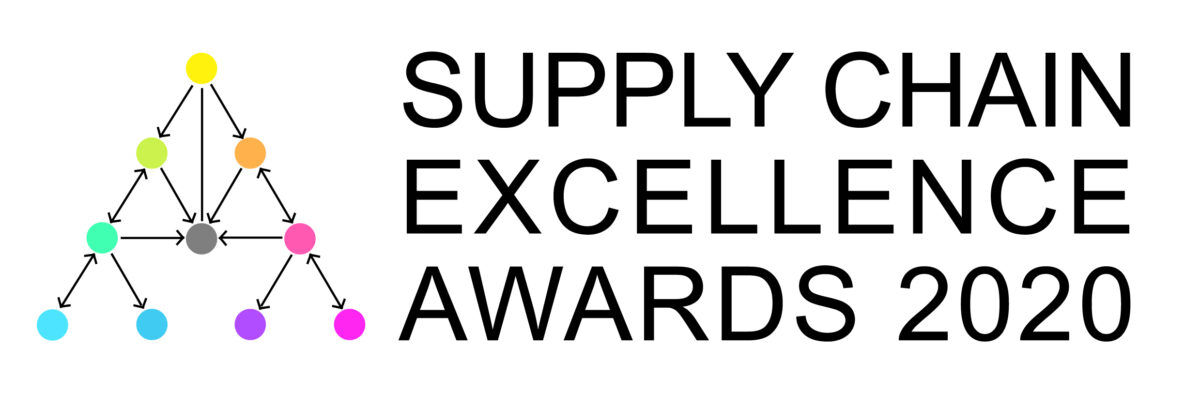‘It is possible for the seller to sell, the retailer to retail, and the supply chain specialist to do everything in between.’ Although this statement is undoubtedly true, the issues are whether the outsourced supply chain management sector is really capab
Author: Alexandra Leonards
The revised version of the ELA’s ‘Terminology of Logistics’ is now available. In order to work effectively along physical and information chains, logistics professionals use a number of terms that, while in frequent use, are rarely defined.
This summer, the ELA Research and Development Committee brought together 20 PhD students from 11 European countries for a workshop at a beautiful venue in Monchy-St-Eloi, near Paris. Hosted by AFT-IFTM and sponsored by DHL Switzerland, the ninth ELA doc
With an increasing number of businesses relying on collaborative technologies for efficient trading with international partners, IT service management (ITSM) is coming to the fore. Jane Seeley explains what IT service management is and why it should be on
The first indications of the performance of the European logistics industry in 2004 have been provided by a number of companies releasing their annual results. Overall the sector has experienced a good year, although there are still several underperformin
To gain the benefits of outsourcing, many firms will have either to become more adept at the process as a core competency or be willing to outsource the outsourcing process istself.
While car industry chiefs usually highlight labour costs and productivity as the main drivers of change, the supply chain holds the potential for some big wins
— and ones that are perhaps more immediately
realisable.
For years, retailers and their suppliers have been eulogising the need to collaborate – supported by a bewildering array of IT systems and an equally confusing assortment of acronym very little true collaboration has occurred — but finally that looks set
Toyota spent 30 years perfecting the concept of lean manufacturing. It tweaked, it dabbled, it questioned, and it refused to accept conventional wisdom. We all know the result: supply chain professionals still identify the car giant’s operation as a near-
If there’s one subject I encounter wherever I go in Europe, it’s the question of the shortage of relevant skills in the logistics industry. Of course, this shortage varies in form from country to country but the underlying problem does not bode well for E






